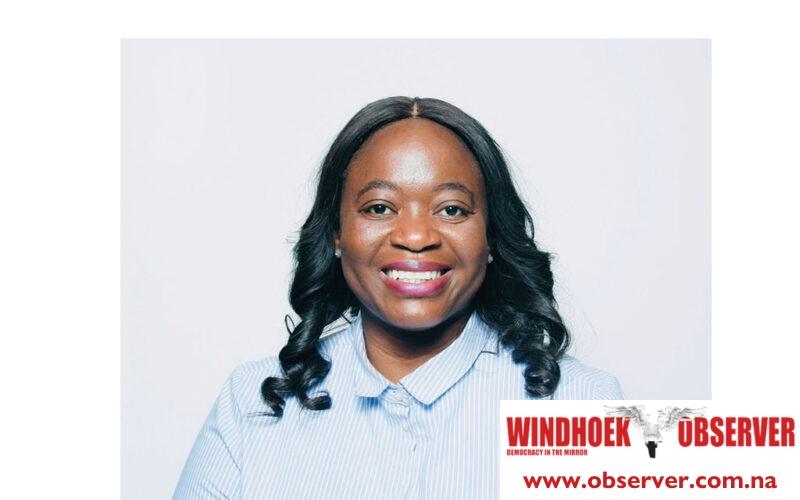Stefanus Nashama
Regional councillors from Samora Machel and Moses Garoeb constituencies have raised concerns over poor communication from the City of Windhoek (CoW) regarding community services.
Their concerns follow the municipality’s recent announcement of three new communal taps, costing N$177,503.59.
CoW spokesperson, Lydia Amutenya confirmed the installation of one tap in Otjomuise and two in the Goreangab informal settlement.
“The construction of these three completed communal taps cost the City of Windhoek approximately N$177,503.59 (including VAT) and involved the installation of 270 meters of water pipelines,” she said.
The taps were part of a broader initiative to improve water access in underserved communities. Construction began in October 2024 as part of the municipality’s rollout for the 2024/2025 financial year.
CoW councillor Magdalena Lombardt officiated a handover ceremony in Otjomuise.
Amutenya explained that the taps were part of a larger project that included installing 10 taps in informal settlements.
She also revealed plans to construct four more taps in Goreangab and three in Oshitenda. Work in Oshitenda would begin after the Goreangab installations were completed.
Regional councillors Nestor Kalola of Samora Machel and Stefanus Ndengu of Moses Garoeb claimed they were not informed about the project.
Kalola questioned how such decisions were made without consulting constituency councillors.
“I do not know about these taps; they did not inform me, so I cannot confirm anything at this stage. How do they go and hand over new taps without informing me, as the councillor of the constituency?” he questioned.
Kalola promised to visit the areas to verify the construction of new infrastructure.
Ndengu shared similar concerns, stating that while he had heard from locals about the taps, he had received no official communication from the municipality.
“I don’t even know where, when, and how they plan to do it,” Ndengu remarked.
He emphasised the importance of the municipality and regional councillors working together, especially since they serve the same communities.
“We used to work together, but now, I do not know why the municipality’s officials do not inform us,” he added.
Ndengu said this has become difficult for him when conducting meetings with the community.
“When I call for meetings, questions are directed to me. Now, what must I tell the community if I was not informed of any plans or developments?” he questioned.
The councillor said there was a memorandum of understanding to collaborate with the Windhoek municipality, but it seems not to be working.
In response to the councillors, Amutenya said the installation of communal taps is part of the municipality’s ongoing efforts to improve access to essential municipal services.
“These installations are carried out as part of our annual rollout plan, which is aligned with community needs and infrastructure priorities. Given that this is a continuous process, new taps are installed regularly in various areas,” she explained.
“While we strive to keep all relevant stakeholders informed, we acknowledge the importance of strengthening communication channels to ensure that regional councillors and other key representatives are always up to date on such developments,” she added.
Issack Kapepo, a resident of Tlabanelo in Goreangab, applauded the installation of new taps.
He stresses that access to clean water is essential for improving the quality of life.
“Water is life. Where there is water, there is life. If they could keep this work up, people would appreciate it, but they need to focus on the things that really matter,” said Kapepo.
However, he also pointed out the need for communal toilets in the area, which he believes the municipality should prioritise.
Etuhole Gideon, a resident of Oshitenda, said the area needs more communal taps.
According to her, this is due to the constant increase in the number of people.
“We always tell councillor Ndengu to bring us more water taps, not only at Oshitenda but other centres as well,” said Gideon.




